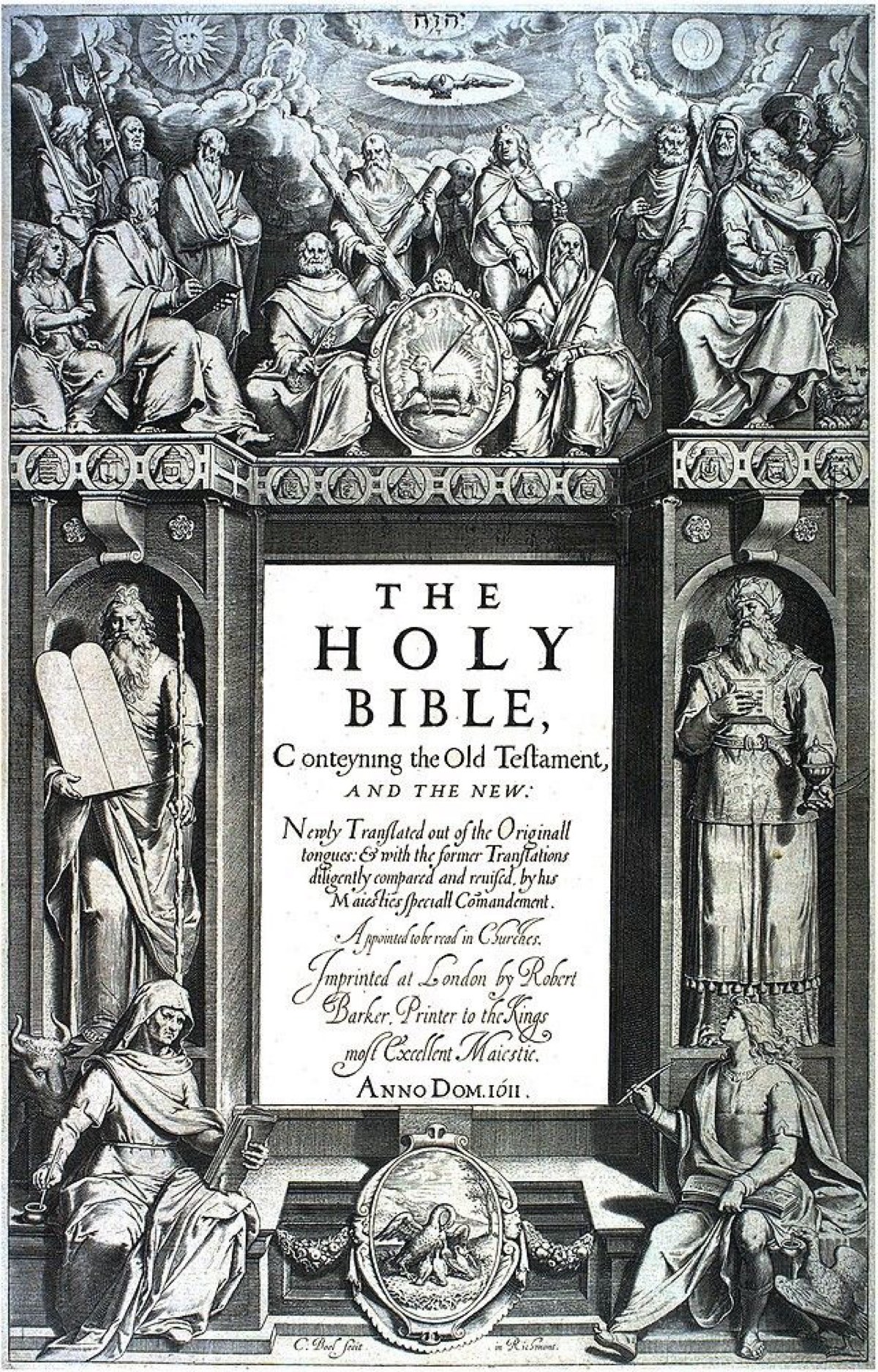Why do Jews and Christians not believe in the prophethood of Muhammad?
Jewish tradition holds that prophecy ended with the prophets of the Hebrew Bible, such as Haggai, Zechariah, and Malachi. Therefore, they do not recognize any prophets after this period, including Muhammad.
Christians believe that Jesus Christ is the final and ultimate revelation of God. They do not see the need for another prophet after Jesus, as they believe he fulfilled all prophecies and brought the final covenant.
Surah 13, verse 43 of the Quran reads:
And those who have disbelieved say, "You are not a messenger." Say, (O Muhammad), "Sufficient is Allah as Witness between me and you, and the witness of whoever has knowledge of the Scripture."
It is believed that Islam is the restored religion of Abraham, and all Muslims hold the belief that Muhammad is the genuine and final prophet of God. How is this argument expressed within the context of Abrahamic theology?
If Abraham had been instructed by God to sacrifice Ishmael instead of Isaac, it could be argued that Islam and Muhammad have a legitimate claim as a true religion and prophet. This argument can be further explained by examining the differences in the narrative of Abraham's sacrifice between Islamic and Judeo-Christian traditions.
The story of Abraham being commanded to sacrifice his son is significant in Judaism, Christianity, and Islam. However, the key difference lies in the identity of the son involved. In Jewish and Christian traditions, it is Isaac who was nearly sacrificed, while in Islamic tradition, it is believed to be Ishmael. Although Ishmael's name is not explicitly mentioned in the Quran, Muslims believe that he was the son whom Abraham was instructed to sacrifice.
If one were to argue for the legitimacy of Islam and Muhammad as a prophet based on the premise that Ishmael was the son intended for sacrifice, the argument might be structured as follows:
1. Shared Abrahamic Roots: All three monotheistic religions—Judaism, Christianity, and Islam—trace their spiritual lineage to Abraham, recognizing him as a patriarch. The story of Abraham's willingness to sacrifice his son at God's command is seen as a test of faith in all three traditions.
2. Islamic Narrative: The Quran (Surah 37, verses 100 to 113) recounts the story of Abraham's willingness to sacrifice his son as a demonstration of his obedience to God. While the Quran does not name the son, the majority of Islamic traditions and interpretations identify the son as Ishmael, the eldest son of Abraham through Hagar. This interpretation is derived from the order of events in the Quran, indicating that the promise of Isaac's birth occurred after the sacrifice story, leading to the conclusion that Ishmael was the son mentioned.
3. Prophetic Lineage: In Abrahamic theology, the near sacrifice of Ishmael is regarded as a foreshadowing of Muhammad's prophethood. This connection between Ishmael's near-sacrifice and Muhammad's lineage plays a vital role in confirming Muhammad's position as a prophet in Islam, serving as a fundamental aspect of the faith and offering valuable insight into the validity of his prophethood.
4. Preservation of Revelation: Muslims believe that the Quran is the final and unaltered word of God, preserved exactly as it was revealed to Muhammad. They argue that earlier scriptures, such as the Torah and the Bible, have been altered or misinterpreted over time. In this view, the Quran corrects these alterations, and the indication that Ishmael was the son to be sacrificed is seen as the correct version of the story.
5. Continuity of Prophethood: Islam acknowledges the prophets of Judaism and Christianity but considers Muhammad to be the last prophet, who came to restore the original monotheistic faith and to correct deviations that had entered earlier religions. The story of Ishmael's near-sacrifice, then, is seen as part of this corrective message.
6. Theological Implications: The identification of the son in the story of Abraham's sacrifice holds great significance as it symbolizes the heir of the Abrahamic covenant. In Islamic tradition, designating Ishmael as the son underscores his pivotal role in their religious history and bolsters the credibility of the Islamic faith for Muslims. This underscores the crucial role that lineage and inheritance play within religious narratives.
In conclusion, the narrative of Ishmael as the son intended for sacrifice strengthens Islam's theological foundation and affirms Muhammad as a prophet. It shows Islam's connection to the Abrahamic tradition, preservation of divine revelation, and role in restoring monotheistic beliefs. This narrative difference also highlights the interconnectedness and differences among the three Abrahamic faiths, shaping their unique theological identities.

